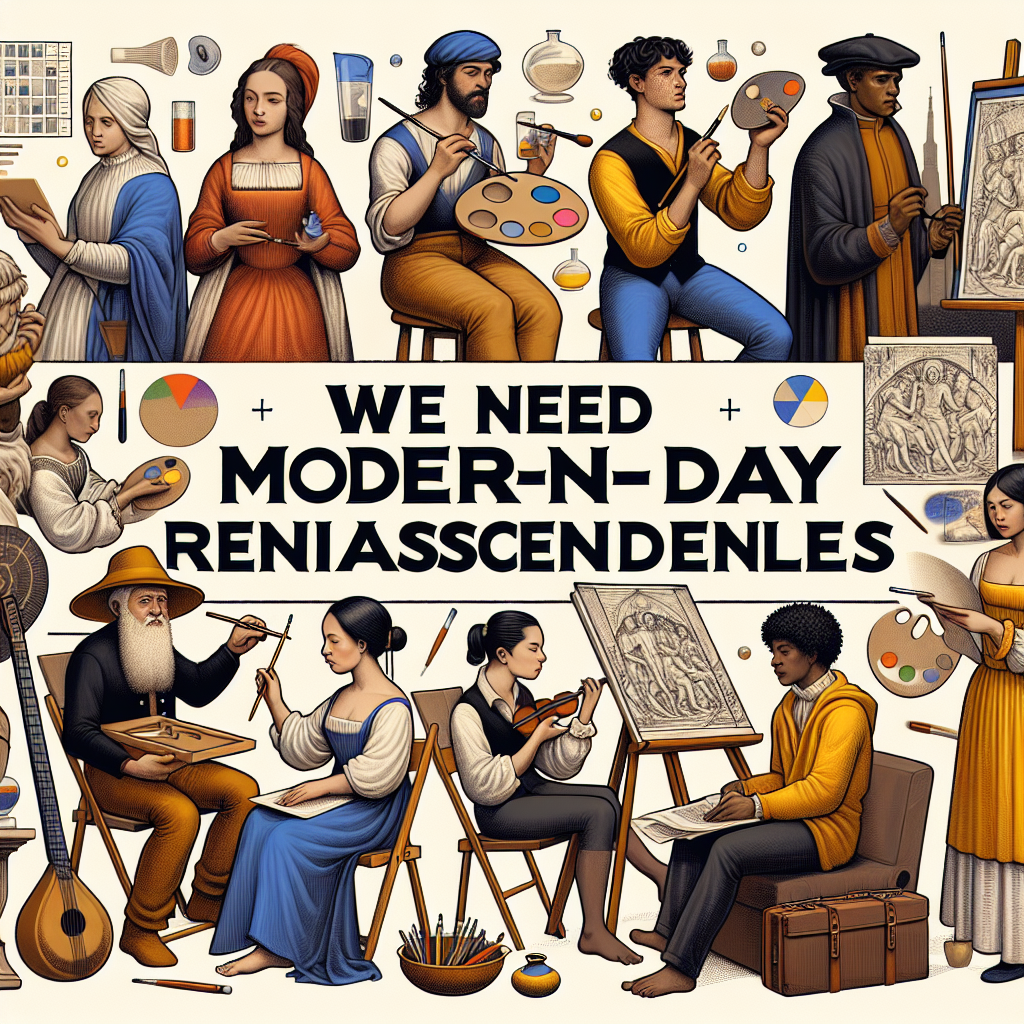Kris Kristofferson, who passed away recently at the age of 88, epitomized the concept of a Renaissance man in modern times. His multifaceted career spanned songwriting, acting, and music, showcasing his immense talent across various fields. Best known for his iconic hits such as “Me and Bobby McGee” and “For the Good Times,” Kristofferson gained fame not only as a country/western singer but also as an accomplished actor in films like A Star is Born and Pat Garrett and Billy the Kid. His collaborations with prominent figures like Rita Coolidge and the supergroup featuring Johnny Cash, Waylon Jennings, and Willie Nelson further highlight his diverse contributions to the music field. Kristofferson’s extraordinary ability to excel in multiple disciplines is a rare and cherished trait in an era increasingly defined by specialization.
Historically, moments in civilization have yielded individuals who transcend the limitations of their times, much like Kristofferson. Ancient Athens was home to polymaths like Aristotle, whose contributions spanned a wide array of fields including philosophy, science, and education. This tradition continued with figures like Archimedes and Ptolemy, who applied their theoretical knowledge to practical challenges, aiding society in tangible ways. Similarly, the late Roman Republic fostered genius like Julius Caesar, who mastered a variety of domains including military leadership and governance, and Cicero, a formidable orator and philosopher. Such individuals define eras with their multifaceted contributions and illustrate the lasting impact of Renaissance ideals through diverse talents.
The Renaissance period itself, particularly in Florence during the 15th and 16th centuries, is a prime example of a cultural flourishing that celebrated genius in multiple areas. Artists like Leonardo da Vinci and Michelangelo epitomized this spirit, exemplifying artistic prowess while also contributing significantly to science and architecture. Da Vinci’s work as a painter, engineer, and inventor alongside Michelangelo’s masterful sculptures and architectural designs embody the rich tradition of integrating varied talents. This era serves as a vivid reminder of the potential within individuals to innovate across multiple realms and engender change through diverse skill sets.
In America, the era of the Founding Fathers provided fertile ground for Renaissance men and women, with figures like Thomas Jefferson and Benjamin Franklin showcasing the multifaceted talents often overlooked in today’s specialized society. Jefferson’s illustrious contributions include being the author of the Declaration of Independence and a prominent founder of educational institutions, while Franklin’s accomplishments as a journalist, inventor, and diplomat highlight the expansive capabilities of one individual. The polymathic characteristics of these historical figures remind us of the value of exploring varied interests and redefining the potential of what it means to be accomplished in multiple arenas.
In contemporary society, however, the admiration for such individuals often emerges only posthumously. The rise of specialization and the credentialing system has contributed to a culture that frequently disqualifies those who simultaneously excel in several disciplines. Critics may label them as dabblers or accuse them of spreading themselves too thin, while the complexity and depth of their achievements are overlooked. The dichotomy between the “fox” knowing many things and the “hedgehog” knowing one thing suggests that modern standards prioritize narrow expertise over the enriched, broad experiences Renaissance figures bring, often losing sight of the value in diverse perspectives.
Ultimately, the lives of Renaissance individuals like Kristofferson are often met with a mix of acclaim and criticism because their expansive talents challenge existing norms and provoke controversy. As these figures navigate numerous fields, they may face opposition from specialists who feel threatened by their capacity to transcend traditional boundaries. Despite the societal backlash against their multifaceted pursuits, Renaissance men and women remind us of the importance of embracing a broader human experience and the benefits of integrating knowledge across disciplines. The legacy of Kris Kristofferson, along with other polymaths throughout history, not only demonstrates the remarkable achievements possible when one refuses to confine themselves but also serves as a call to society to reevaluate how we appreciate genius in its many forms.

